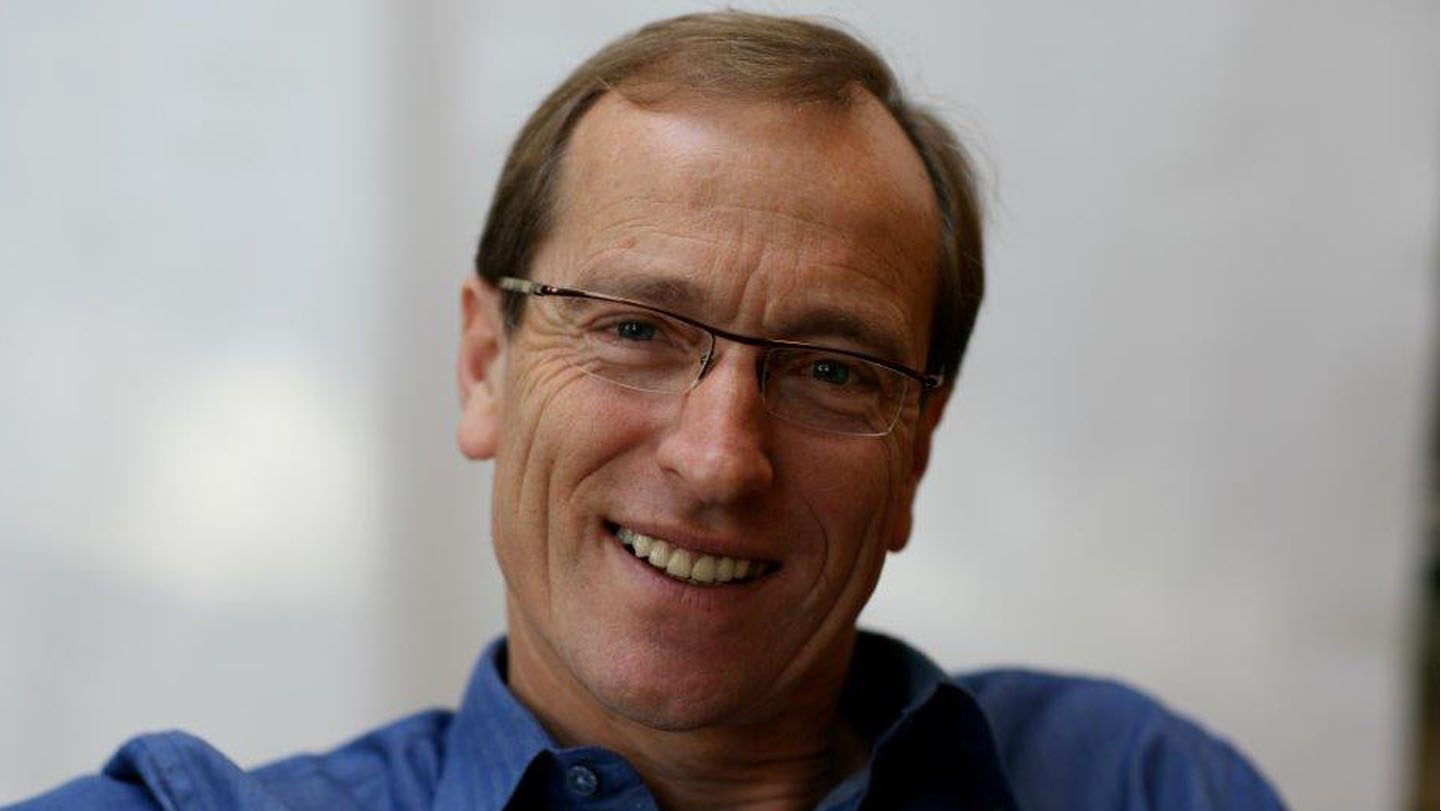‘It’s clear that while capitalism has a huge amount to offer in terms of wealth creation and encouraging free enterprise, it has still not found a way of enabling participation for all’
‘Imagine a world where every young person not only has a small inheritance with which to start their adult life, but also the opportunity to build its value by learning and by being mentored, in order to develop their life skills?’
Gavin Oldham – whose words these are – was educated at Eton and Cambridge. He has spent his working life – very successfully – in the City of London. He founded a business called The Share Centre as a way of enabling and empowering large numbers of people to be more confident with their finances.
He is a City success story and he hates embedded inequality. He wants to use capitalist methods to spread wealth and give ordinary people a start. While he doesn’t favour using the tax system and heavyweight intermediation to transfer wealth from the living, he does believe in transfers of wealth from the dead, so that inequality is not compounded across generations. He told the Financial Times in an interview:
By 24, I had a clear vision in my mind. I wanted to try to help people reach their true potential, from whatever background. I was pretty sure that I would stick with that principle throughout my working life, and that is what I have done.
At a recent conference organised by the newly formed Share Alliance he startled me with 2018 statistics reported in a 2020 Times column by Jenni Russell
The average white British household had £282,000 in assets, including pensionable wealth, savings and housing. Indians were just behind with £266,000,but Pakistani households had less than half of white ones, black Caribbeans less than a third, and black Africans and Bangladeshi ones less than a tenth at £24,000.
Fixing the wealth gap, concluded Jenni Russell was the key to equality.
In Tomorrow’s Company we believe that an important part of fixing inequality must be to inspire and enable people without starting advantages to find and activate their inner entrepreneur. We have started to work on this in secondary and higher education. We are finding that 15 year-olds with very little interest in school work can be brimming with business ideas. That makes me warm to the reasons why, 18 years earlier, Gavin Oldham set up The Share Foundation.
‘At the heart of the Share Foundation’s mission there is a passion for inter-generational rebalancing. We believe that children from all backgrounds have the same mix of potentials to achieve great things as adults, and that a fair and just society should enable them to have not only the life skills that they need but also some resources to help them achieve their potential in adult life’.
To do this the Foundation is leveraging two government initiatives which have made this possible – Gordon Brown’s creation of the Child Trust Fund in 2002 (abolished by George Osborne in 2011 but still benefitting those born during those years), and the later children’s Junior ISA accounts.
As a result of its work since 2012, with the help of contract funding from the Department of Education, every young person living in care for at least one year has a modest capital account which has been created and invested in their account, and to which they will have full access at the age 18.
The Share Foundation also initiated a recovery campaign for the whole Child Trust Fund programme. 42% of young adults entitled to this money are still not connected with the accounts opened in their name by HMRC. Around 900,000 young people, predominantly from low-income households, with accounts totalling £1.7 billion are not drawing on what is due to them.[i]
The Foundation also runs a major programme of financial education for young people in care. Young people who undertake and complete the six stages of the incentivised learning programme receive a further £1500 into their capital fund.
Beyond this Gavin Oldham wants to go further in his quest for a more egalitarian form of capitalism:
‘a programme with a huge ambition before it, to change the world’s economic system in order to enable participation for all.
Another key idea on which he and the newly formed Share Alliance will be working is ‘Stock for Data’:
Ambitiously Oldham says:
‘The immense commercial success of tech giants is drawn directly from storage and harvesting of data from its customers — who now comprise the majority of the global population. This should be recognised in the issue of equity stock ownership which will enable them to share in that wealth creation and to participate in the governance of those businesses.’
To my mind these proposals are raw but deserve to be examined. Companies like Google, Meta and Amazon have captured large amounts of data from us. Practical questions abound. How to draw up a list of beneficiaries, internationally. Is the scheme voluntary or compulsory? Who administers it?
And yet… This is the right conversation to be having among those who believe that business has a major contribution to make to a fairer society. Questions of inter-generational balancing and participation for all should be finding their way onto boardroom agendas. It’s fine to set up a Youth Shadow Board: but what is your company doing for real inter-generational fairness?
Mark Goyder is the Founder of Tomorrow’s Company and Senior Advisor to the Board Intelligence Think Tank He is the co-author, with Ong Boon Hwee, of Entrusted – Stewardship For Responsible Wealth Creation, published by World Scientific.
[i] The Share Foundation has established a major tracing exercise to reconnect them (https://findCTF.sharefound.org). It has set up a database and is progressively connecting those young people with the funds that are rightfully theirs. [i]
